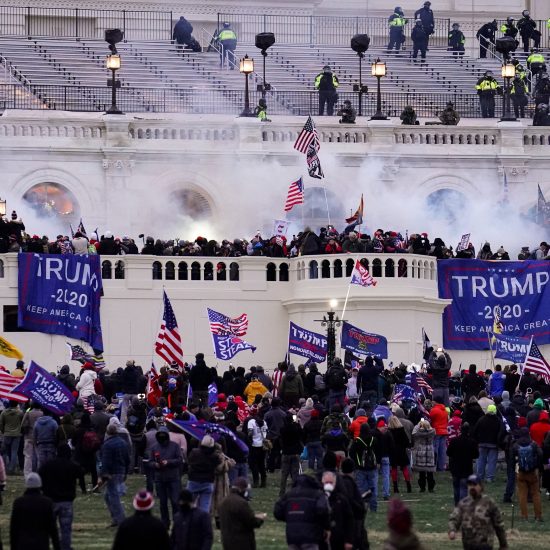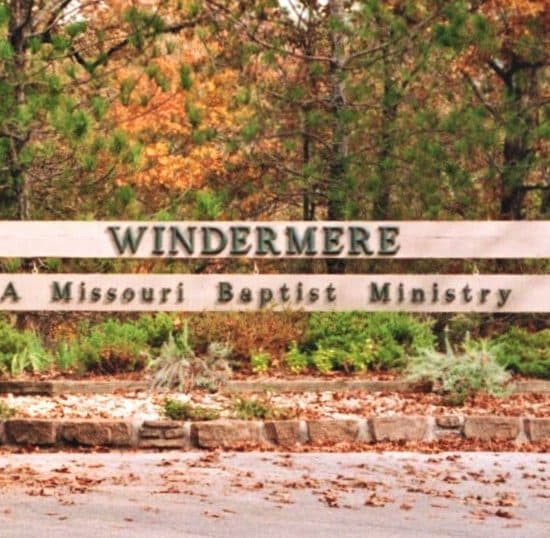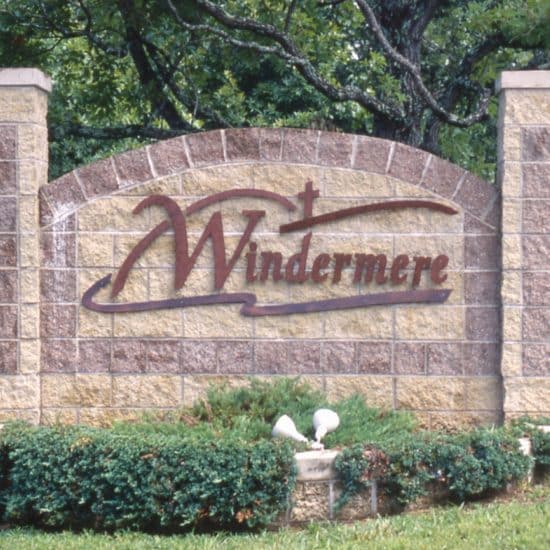Jefferson City — The Missouri Baptist Convention has filed a motion for a temporary restraining order against Windermere Baptist Conference Center.
The convention filed the motion shortly after a hearing Dec. 15 to determine who could represent the MBC in its ongoing legal battle with five institutions.
During the hearing, MBC lead attorney Michael Whitehead noted the convention would seek an injunction against the conference center to stop the possible sale of Windermere property to private developers and to halt bond sales.
"The major asset at the heart of this case is being conveyed away," Whitehead said.
MBC attorneys filed a motion for a temporary restraining order against Windermere. A hearing on the motion is set for Monday, Dec. 19 at 11 a.m.
At their regular session on Nov. 17, Windermere trustees announced the center had been able to refinance indebtedness from $21 million to $14 million. The new loan includes a bond sale. They did not release specific information about the restructuring plan.
Windermere's finances dipped after a funding plan for the center's latest development, Wilderness Creek, fell through in 2002, after construction had already begun. The center was able to secure financing for Phase 1 of the project in August 2003.
The delay hampered projected facility use and projected budgets in 2003 and 2004.
Windermere's long-term master plan, originally designed in the early 1990s, calls for selective development by private companies.
MBC executive director David Clippard has written to all Missouri Baptist pastors and deacon chairs, directors of missions, Woman's Missionary Union leaders, Southern Baptist Convention leaders and all state Baptist convention executive directors to alert them of the bond sale.
In his letter, Clippard urges church leaders to share the information with members.
However, some court observers believe that the convention's motion and Clippard's letter might be construed as attempts to interfere in a corporation's right to conduct business. (12-16-05)





